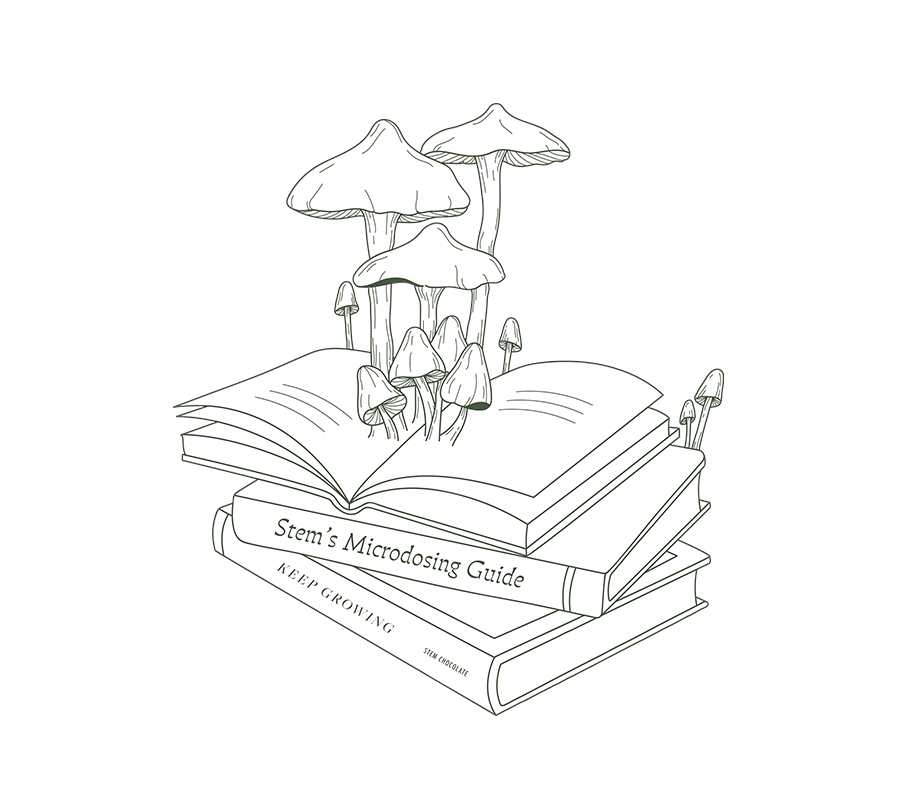In the ongoing quest to improve mental health treatment, psilocybin, the active compound in “magic mushrooms,” has emerged as a promising candidate for treating various conditions. Among the most compelling research areas is the potential use of psilocybin therapy for alcoholism. In this post, we’ll explore how psilocybin may help those struggling with alcohol dependence and review the current research in this field.
What is Psilocybin?
Psilocybin is a naturally occurring psychedelic compound found in certain types of mushrooms. When ingested, psilocybin produces an altered state of consciousness characterized by changes in perception, thought processes, and mood. This experience can often be profoundly introspective and transformative, leading to enduring changes in attitudes and behaviours.
What is Alcoholism?
Alcoholism, or Alcohol Use Disorder (AUD), is a chronic disease characterized by an inability to stop or control alcohol use despite adverse social, occupational, or health consequences. It’s a pervasive and damaging condition, often associated with severe physical, mental, and emotional health problems.
The Potential of Psilocybin Therapy for Alcoholism
The crux of psilocybin therapy for alcoholism lies in the profound psychological experiences it can induce. These experiences, often described as mystical or spiritual, may promote significant shifts in perspective that can lead to behavioural changes – including reductions in alcohol consumption.
A key aspect of alcoholism is the formation of habitual, compulsive behaviours that can be difficult to break. Psilocybin’s ability to ‘reset’ some elements of the brain may provide a valuable window to break these cycles and form new, healthier habits. Products like psilocybin chocolate are emerging as a novel approach to facilitate this process.
The Research so Far
Several studies have examined the potential of psilocybin therapy for alcoholism with promising results.
A pilot study by researchers at the University of New Mexico examined the effects of psilocybin-assisted treatment on individuals with AUD. The study’s findings, published in the Journal of Psychopharmacology in 2015, showed a significant reduction in drinking behaviour and cravings for alcohol.
A more extensive follow-up study at Johns Hopkins University aimed to provide further evidence of psilocybin’s efficacy in treating AUD. While the full results are yet to be published, preliminary data suggest that the positive effects seen in the pilot study can be replicated on a larger scale.
Another critical study comes from the Beckley/Imperial Research Programme, which has been investigating the use of psilocybin to treat various addictions, including alcoholism. They found that psilocybin therapy resulted in increased abstinence from alcohol and improved mental well-being, a testament to the potential power of this treatment.
Case Studies
Individual case studies provide personal insights into the potential of psilocybin therapy for alcoholism. Numerous accounts describe individuals who, after one or more sessions of psilocybin therapy, experienced profound shifts in their attitude toward alcohol and a reduction in their drinking.
One particularly poignant example is the case of a man detailed in the Journal of Humanistic Psychology, who, after a single psilocybin session, reported a dramatic shift in his perspective on life and a significant reduction in his alcohol consumption. This change persisted at a six-month follow-up, illustrating the potential long-term benefits of psilocybin therapy.
Concluding Thoughts
While the research into psilocybin therapy for alcoholism is promising, it’s essential to remember that these treatments are still experimental. Psilocybin is not a standard treatment for AUD, and its use remains illegal in many jurisdictions.
Moreover, psilocybin therapy should not be attempted without medical supervision. These experiences can be intense and potentially distressing, requiring a safe, controlled environment and professional support to navigate effectively.
Despite these caveats, the potential of psilocybin therapy for treating alcoholism is an exciting area of research. If the early promise of this treatment is borne out in more extensive studies, we may be on the brink of significant advancement in the battle against addiction. As we continue to explore and understand the potential of psilocybin, it’s crucial to keep an open mind about the myriad ways this powerful compound could help improve mental health and well-being.



